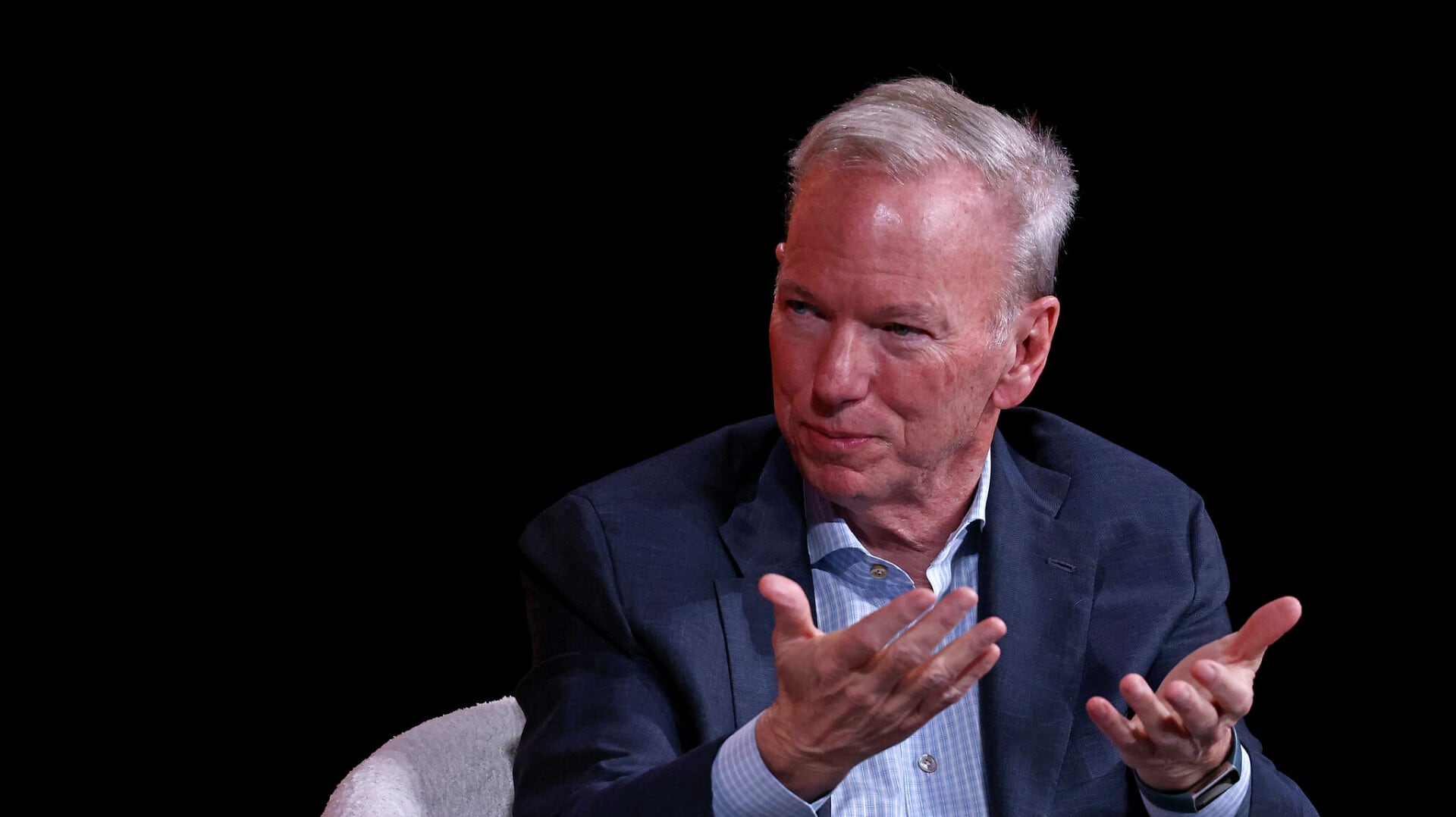
Ex-Google CEO blames remote work for company's AI innovation gap
What's the story
Billionaire Eric Schmidt, former CEO of Google (2001-2011) and Executive Chairman until 2015, has ignited a debate by criticizing the tech giant's growing remote work culture. During a discussion at Stanford University, he suggested that Google's decision to prioritize work-life balance and remote work over competitiveness has contributed to its struggles in artificial intelligence (AI). The conversation was part of a talk hosted by Stanford's School of Engineering on 'The Age of AI.'
Remote work impact
Google's AI development lag: A shift in focus
The discussion was led by Professor Erik Brynjolfsson and students, who questioned Schmidt about Google's position in AI development. Brynjolfsson highlighted Google's 2017 breakthrough AI discovery, the "transformer," which powers much of today's AI research. Despite this early lead, he noted that Google seems to have fallen behind in AI development. "They've kind of lost the initiative to OpenAI," Brynjolfsson said.
CEO's viewpoint
Schmidt's perspective on Google's AI development
Schmidt responded to Brynjolfsson's observations by attributing Google's lag in AI development to its shift toward remote work. "Google decided that work-life balance and going home early, and working from home, was more important than winning," he said. He contrasted this approach with startups where "the people work like hell." However, it should be noted that Schmidt exaggerated Google's remote work policy; as reported by SFGATE in 2022, Google required employees to come into offices three days a week.
Twitter Post
Listen to Schmidt's comments
In a Stanford talk posted today, Eric Schmidt says the reason why Google is losing to @OpenAI and other startups is because Google only has people coming in 1 day per week 👀 pic.twitter.com/XPxr3kdNaC
— Alex Kehr (@alexkehr) August 13, 2024
Work ethic
Schmidt emphasizes on hard work for tech advancements
Schmidt also discussed how dominant tech companies often miss out on industry advancements and stressed the importance of hardworking founders with innovative ideas. He praised Taiwan Semiconductor Manufacturing Company for its rule requiring new PhD hires to work "in the factory, on the basement floor," suggesting that such a work ethic is uncommon in America. This statement further underscores his belief in the significance of a strong work ethic for technological progress. Google is yet to respond to Schmidt's comments.